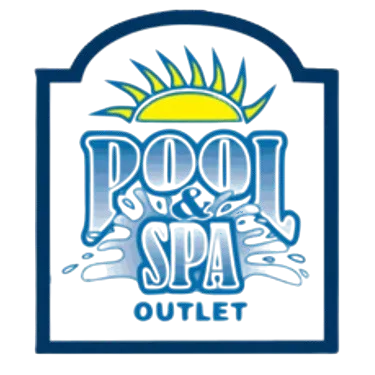NOW BOOKING FOR SPRING 2026 INSTALLATIONS!
Blog
Explore our expert tips and insights on pools, spas, and outdoor living to help you create the perfect backyard escape year-round.
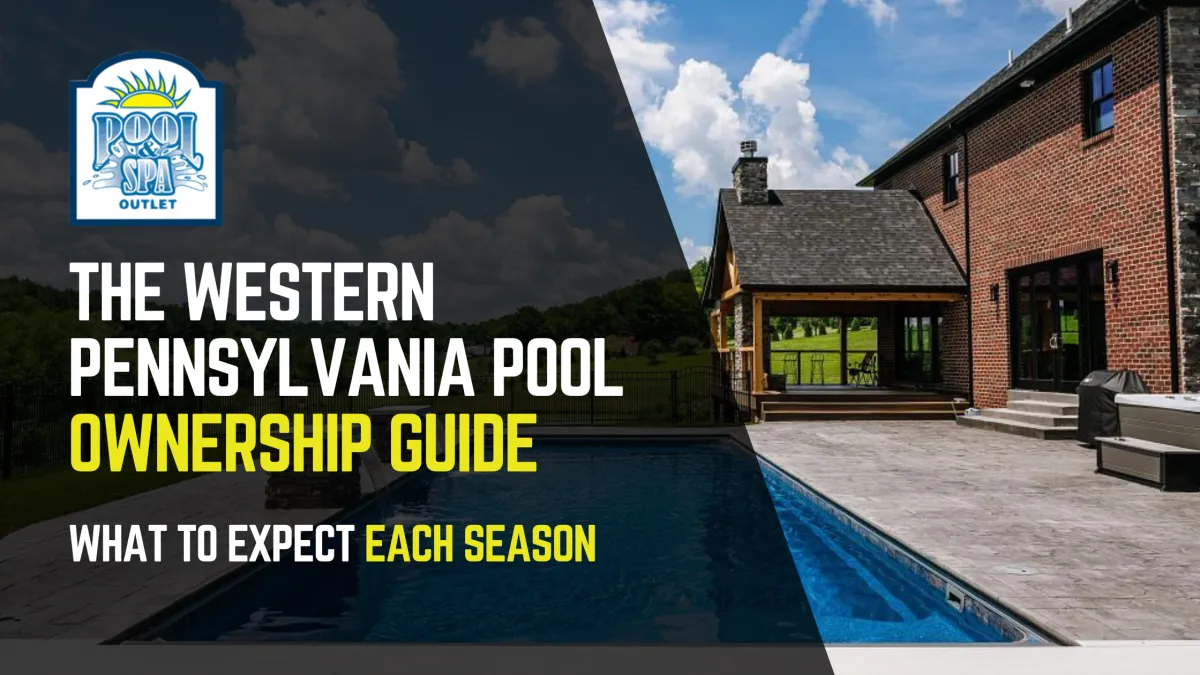
The Western Pennsylvania Pool Ownership Guide - What To Expect Each Season
Owning an in-ground pool in Western Pennsylvania means experiencing a relationship with your backyard oasis that changes with the seasons. Unlike southern states where pools may see year-round swimming, our distinct four seasons create a unique ownership experience that requires different approaches throughout the year. Understanding what to expect during each season helps you maximize enjoyment, minimize maintenance headaches, and protect your investment for years to come.
Spring: Awakening Your Pool
As winter's grip loosens and temperatures begin to rise, spring marks the beginning of your pool's awakening process—and it's more involved than simply removing the cover.
What to Expect:
The Reveal: Removing your winter cover often reveals water that's less than inviting—this is completely normal and easily remedied with proper opening procedures.
Water Chemistry Challenges: Spring pollen, heavy rains, and dormant water create unique chemical balancing challenges.
Equipment Check: After winter hibernation, pumps, heaters, and other equipment need thorough inspection before returning to regular operation.
Proactive Steps:
Schedule your pool opening with professionals 2-3 weeks before you plan to swim (typically late April to early May in our region)
Inspect the deck and surrounding areas for frost heave or winter damage
Prepare for higher initial chemical and electricity costs as systems restart
Consider a professional "spring cleaning" service to properly remove debris and prepare surfaces
Test and repair any irrigation or landscaping systems that might affect pool areas
Summer: Peak Enjoyment & Maintenance Balance
Summer is why you invested in a pool—but maximizing enjoyment means understanding the maintenance rhythm that keeps water sparkling during heavy use periods.
What to Expect:
Increased Chemical Demands: Heavier swimmer loads, sunscreen, organic debris, and warmer water temperatures accelerate chemical consumption.
Water Loss: Evaporation rates increase dramatically during hot, dry periods—a quarter-inch to half-inch daily is normal.
Algae Pressure: Western Pennsylvania's humid summers create ideal conditions for algae growth, especially after heavy rains that introduce nutrients.
Electricity Costs: Pump operation, possibly heating, and ancillary equipment reach their annual peak.
Proactive Steps:
Develop a consistent testing schedule—at minimum twice weekly, more during heat waves or after heavy storms
Install a digital water monitor to track conditions between manual tests
Consider automated chemical feeders to maintain consistency during vacation periods
Establish a routine cleaning schedule that removes debris before it can decompose
Optimize pump running times to balance energy costs with water clarity needs
Invest in a quality solar cover to reduce evaporation and chemical loss
Fall: Preparation & Transition
As summer fades into fall, your pool enters a transition period that requires strategic planning and gradual adjustments—not abandonment.
What to Expect:
Temperature Fluctuations: Western PA's fall brings dramatic temperature swings that affect both water chemistry and comfort levels.
Increased Debris: Falling leaves, pine needles, and plant material require vigilant removal to prevent staining and water quality issues.
Reduced Swimming: Even as swimming decreases, maintenance cannot—in fact, some aspects become more critical.
Equipment Adjustments: Pump times, heater settings, and chemical approaches need seasonal adjustment.
Proactive Steps:
Consider extending your swimming season with economical heating options
Install leaf nets or covers before the heaviest leaf drop occurs
Adjust chemical treatments to accommodate cooler water temperatures
Begin planning your closing timeline based on typical first frost dates and your usage patterns
Consider scheduling your closing service 4-6 weeks in advance as quality providers book quickly
Document any concerns or issues to address during the off-season
Winter: Protection & Planning
Western Pennsylvania winters demand proper pool protection strategies that go beyond simply covering the water and walking away until spring.
What to Expect:
Winterization Needs: Proper closing procedures are critical to prevent freeze damage to equipment and surfaces.
Cover Management: Snow load, water accumulation, and debris on covers require periodic attention.
Planning Opportunities: Winter provides the ideal time to research upgrades, renovations, or efficiency improvements.
Professional Availability: Off-season scheduling often means better access to top professionals for consultations or planning.
Proactive Steps:
Ensure proper water chemistry at closing to protect surfaces during dormancy
Monitor cover condition throughout winter, especially after heavy snow or ice events
Remove excessive water or debris from solid covers promptly
Consider structural inspections during the dormant season when issues are more visible
Use the off-season to research and budget for upgrades, replacements, or efficiency improvements
Schedule any planned renovations or major maintenance early to secure preferred timing
The Hidden Benefits of Western PA's Pool Seasons
While our climate creates a defined swimming season, Western Pennsylvania pool owners enjoy some distinct advantages:
Equipment Longevity: Seasonal use often extends the life of pumps, heaters, and other equipment compared to year-round operation.
Reduced Chemical Exposure: Seasonal swimming reduces your family's annual exposure to pool chemicals compared to year-round swimming regions.
Enhanced Appreciation: The seasonal nature of our swimming often leads to greater appreciation and more active use during the available months.
Energy Efficiency: Properly winterized pools consume essentially no energy for several months, reducing the overall operating cost compared to year-round pools.
Planning for Year-Round Success
The key to stress-free pool ownership in our region lies in understanding and embracing the seasonal nature of the experience:
Develop Relationships with Qualified Professionals: Establish connections with reputable service providers before emergency situations arise.
Create a Seasonal Calendar: Document opening dates, closing targets, and routine maintenance milestones.
Budget Appropriately: Understand the cyclical nature of pool expenses to avoid surprises.
Consider Automation: Modern automation systems can adjust to seasonal changes, making transitions smoother.
Networking: Connect with other Western PA pool owners to share regional knowledge and experiences.
At Pool & Spa Outlet, we understand the unique challenges and joys of pool ownership in Western Pennsylvania's four-season climate. Whether you're considering a new installation or looking to enhance your existing pool experience, our team can provide guidance tailored to our region's specific needs. Visit our showroom to discuss how to make the most of pool ownership throughout the year.
TESTIMONIALS
Out Happy Customers
Recent Custom Pool Projects
Built With Precision and Quality
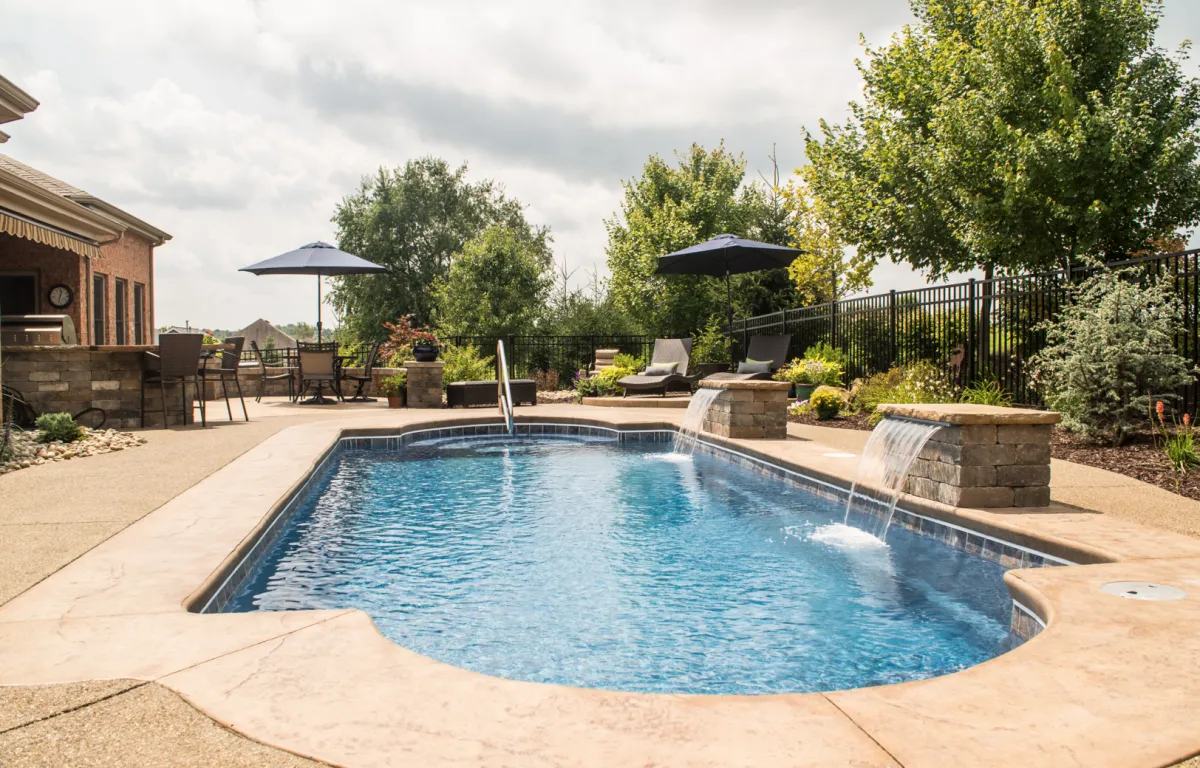
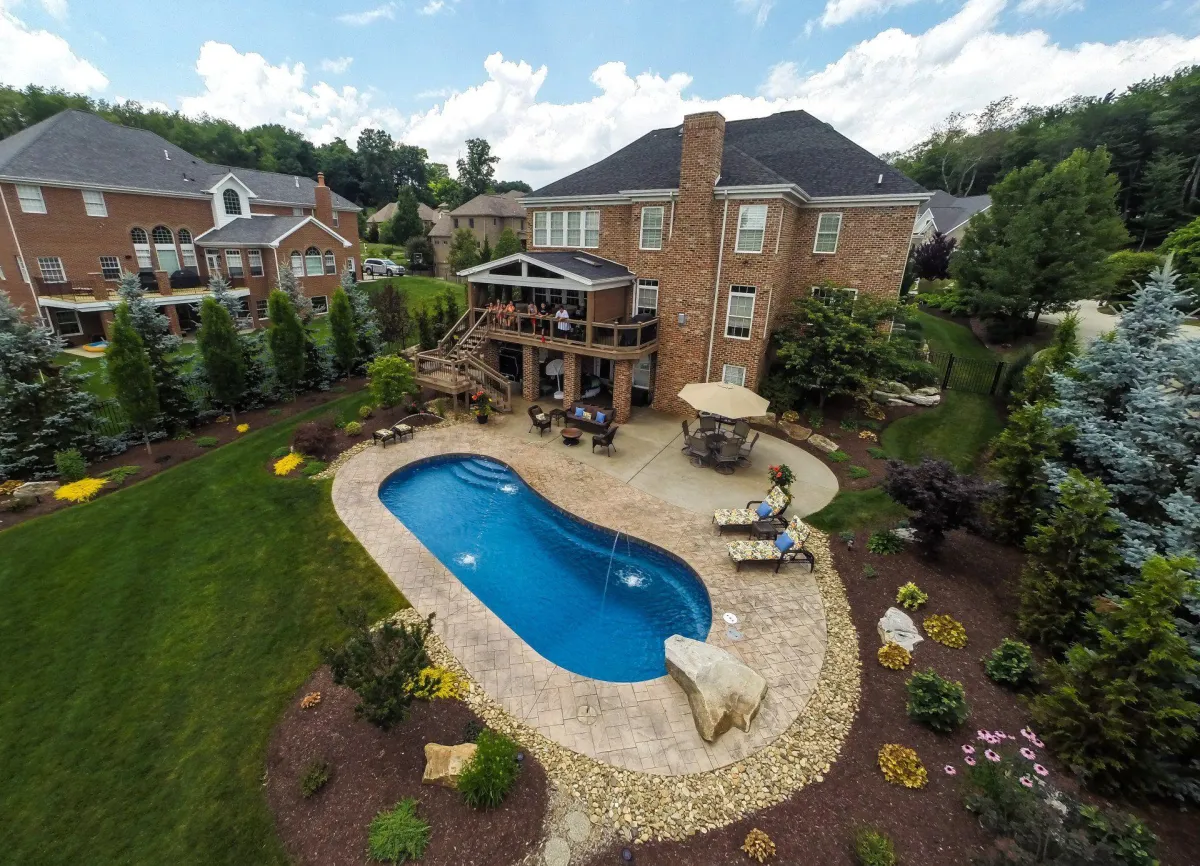
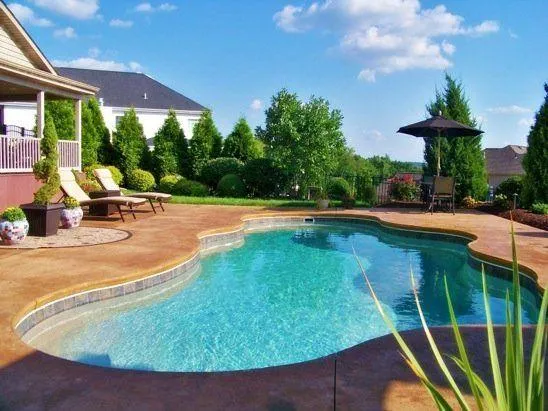
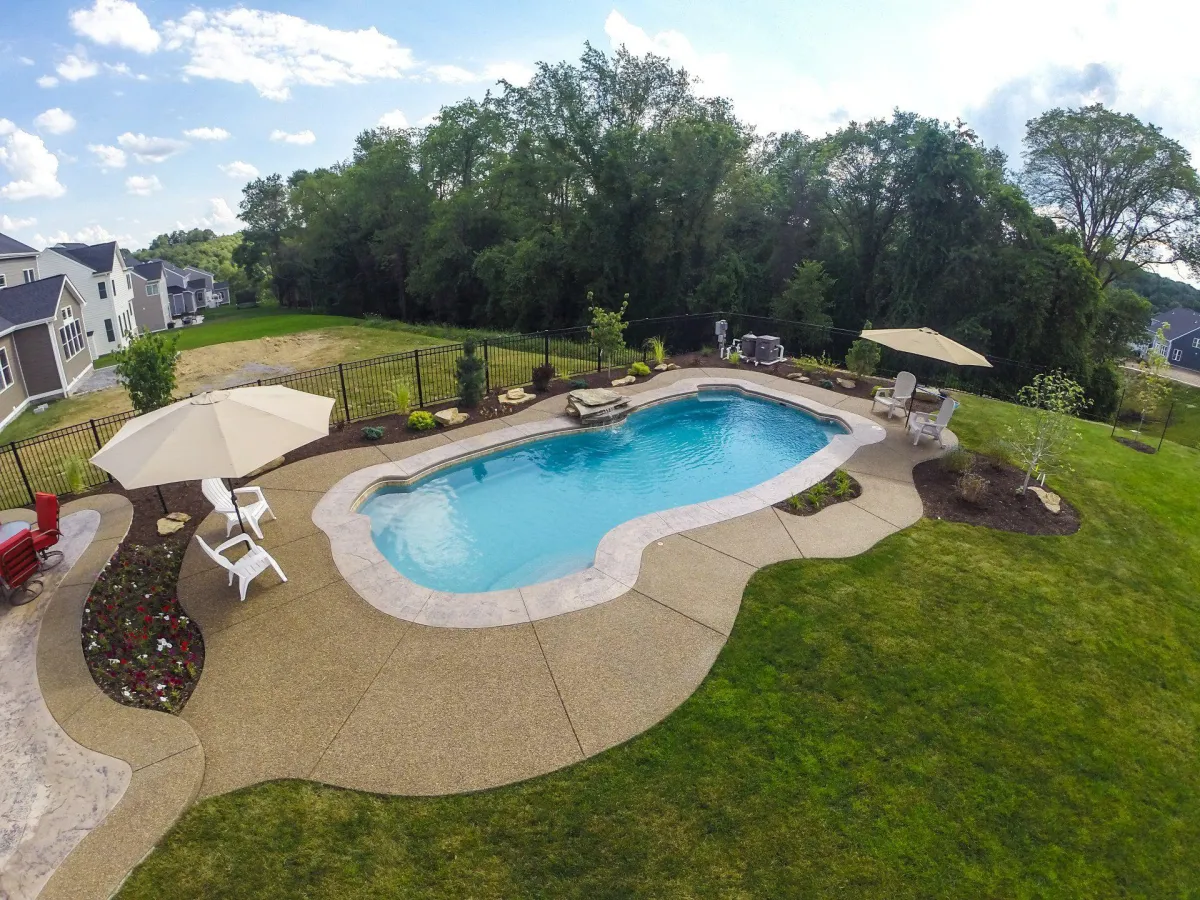
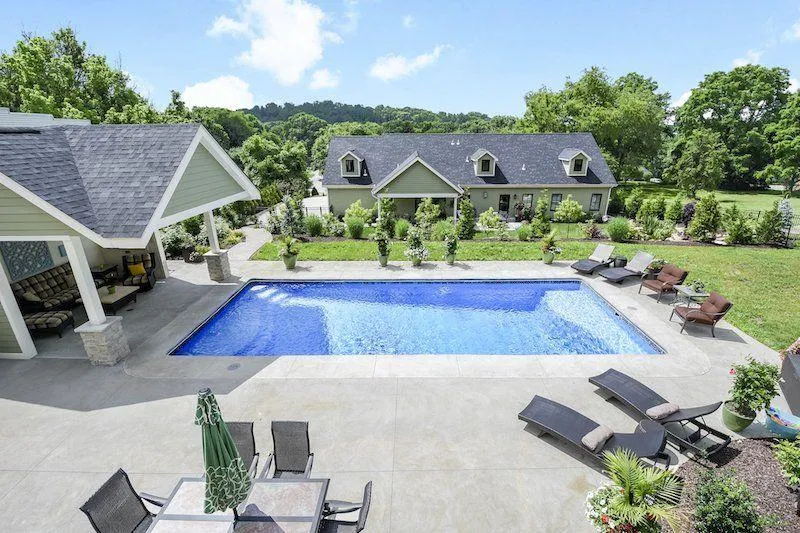
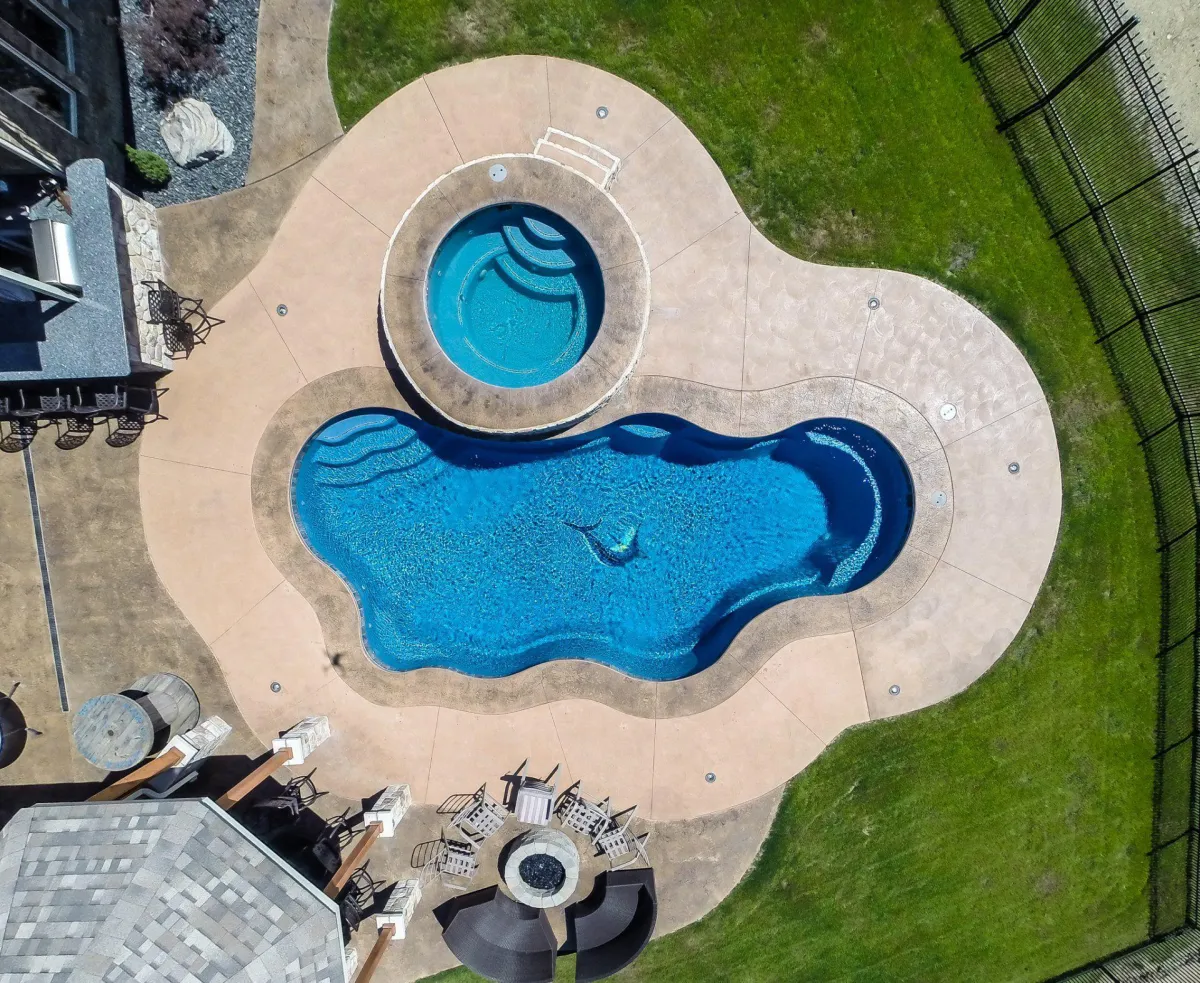
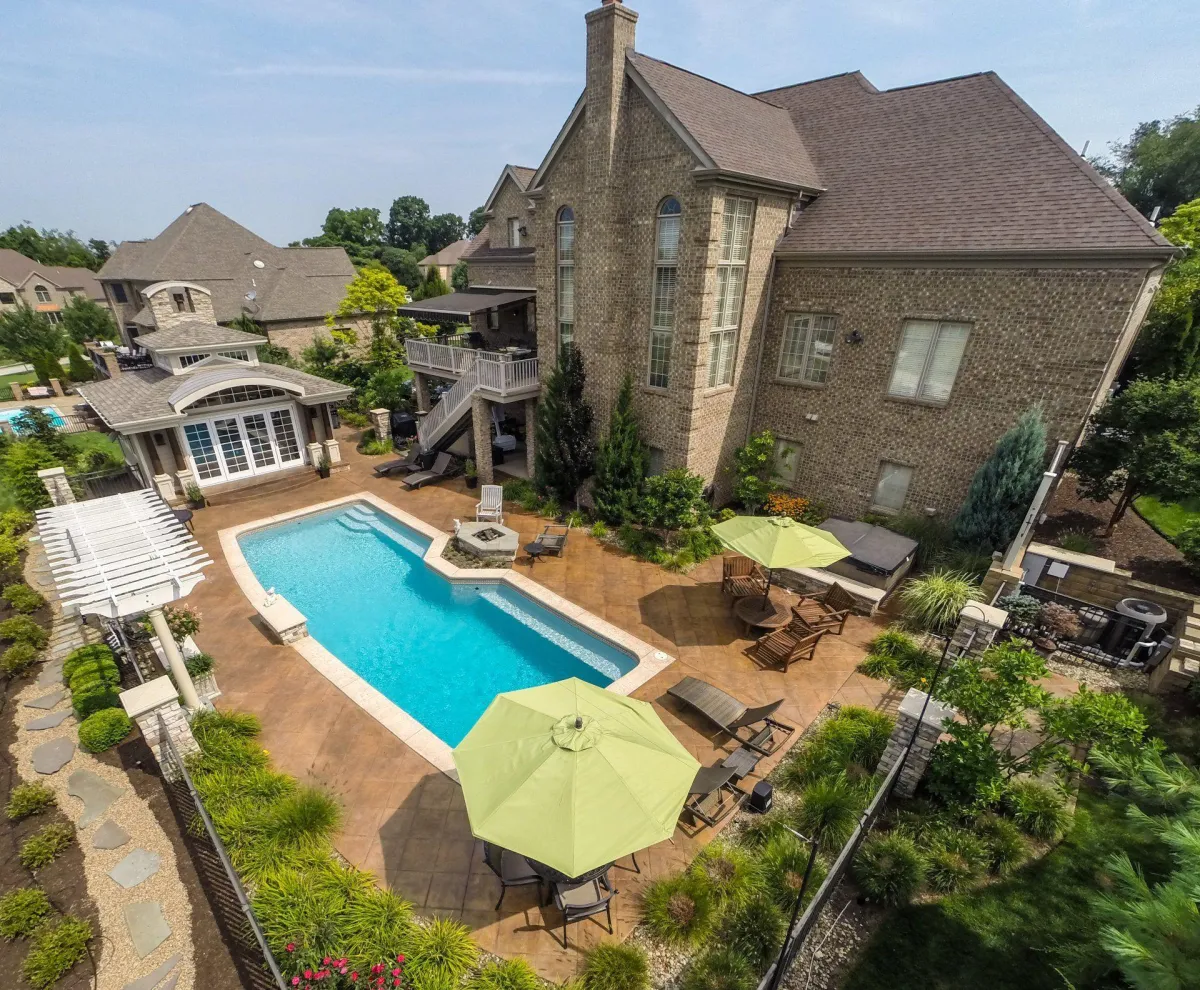
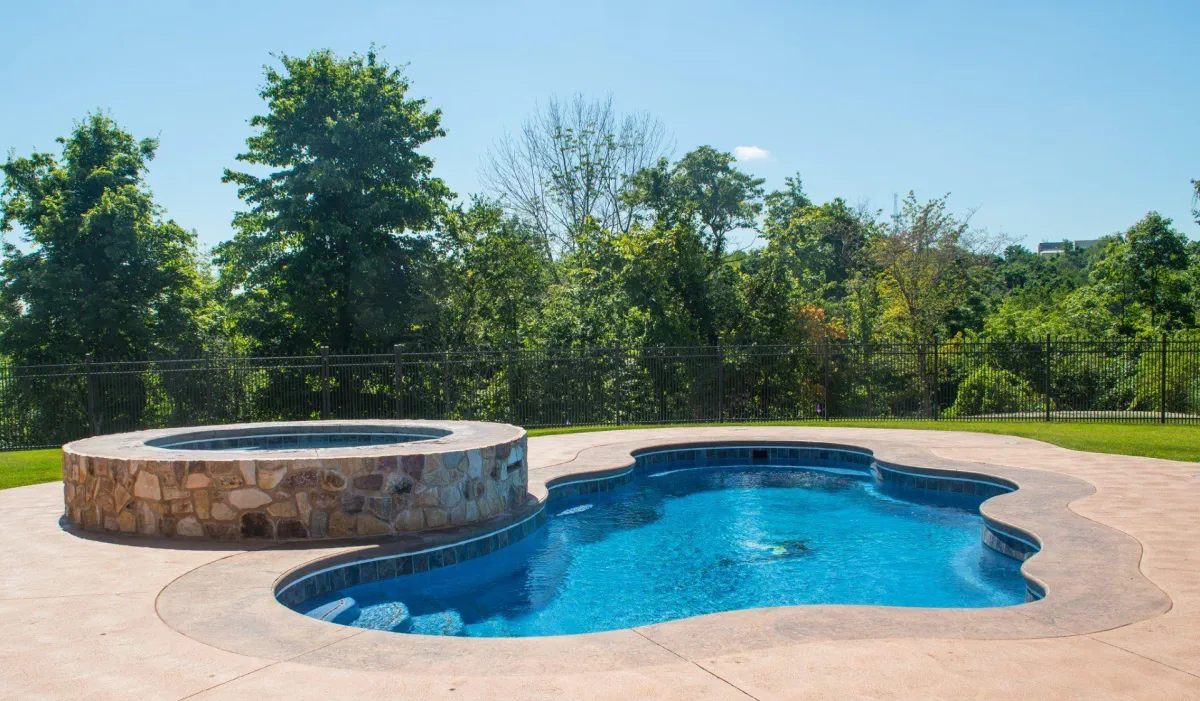
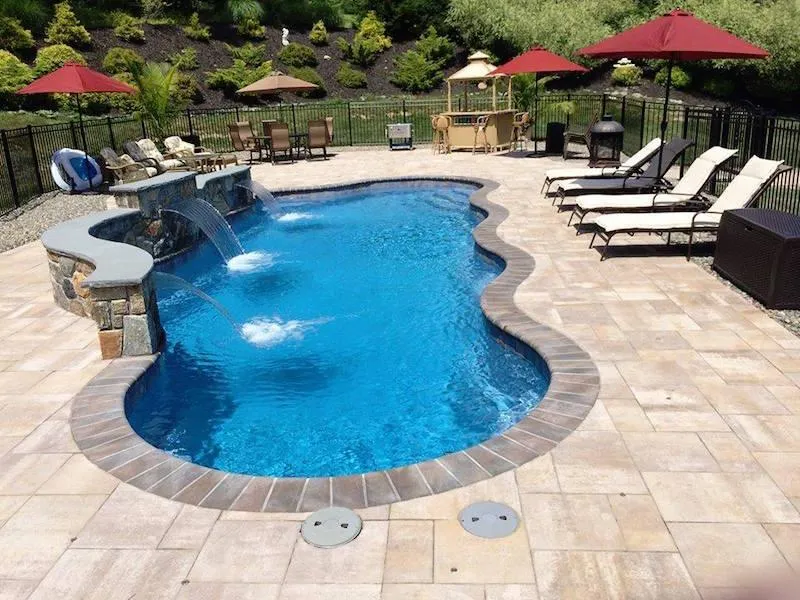
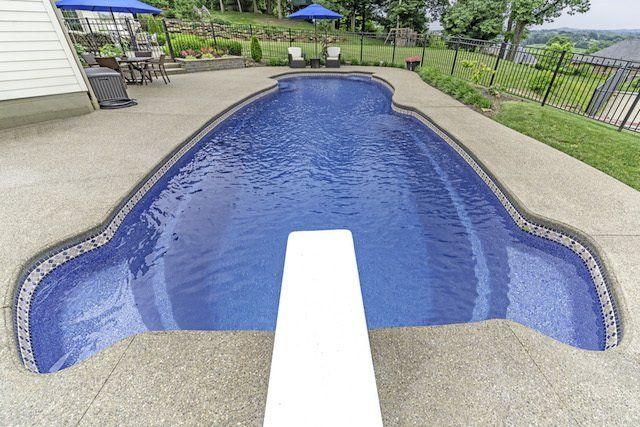
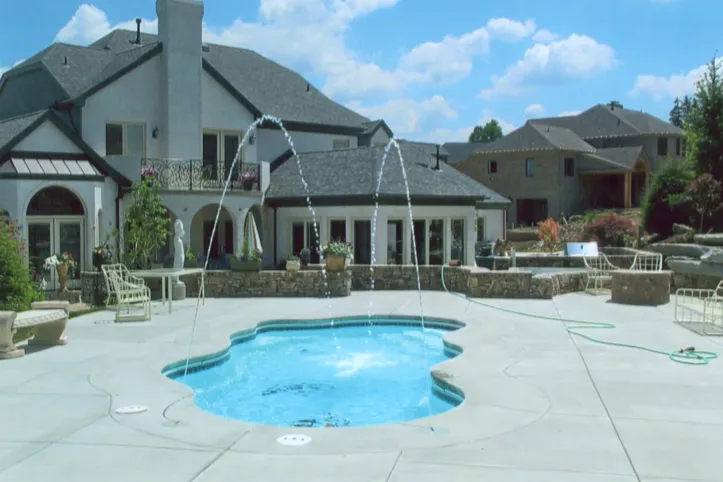
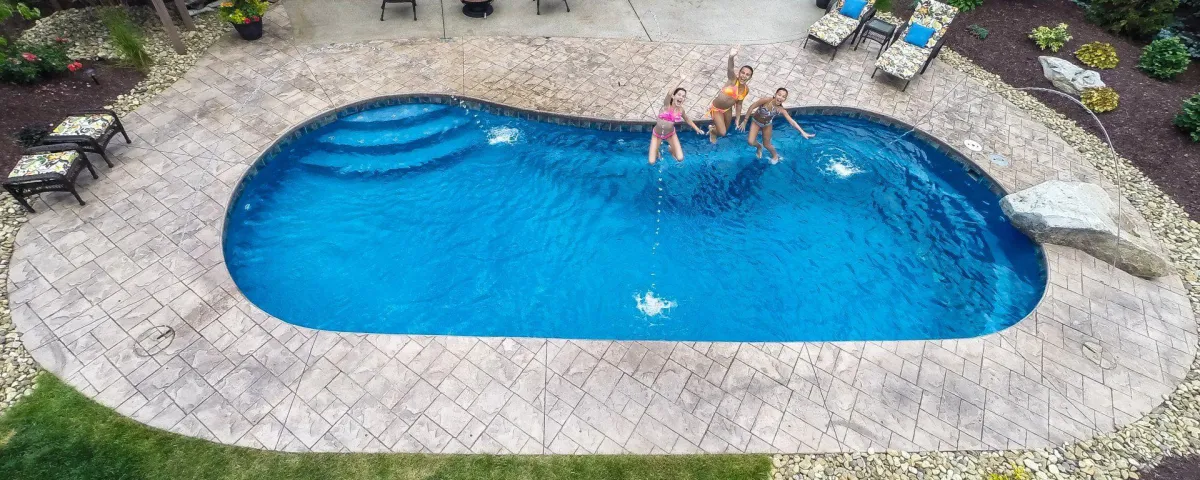
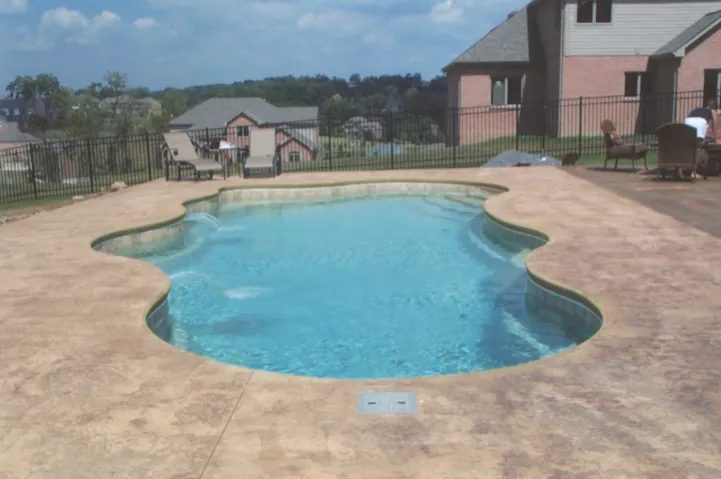
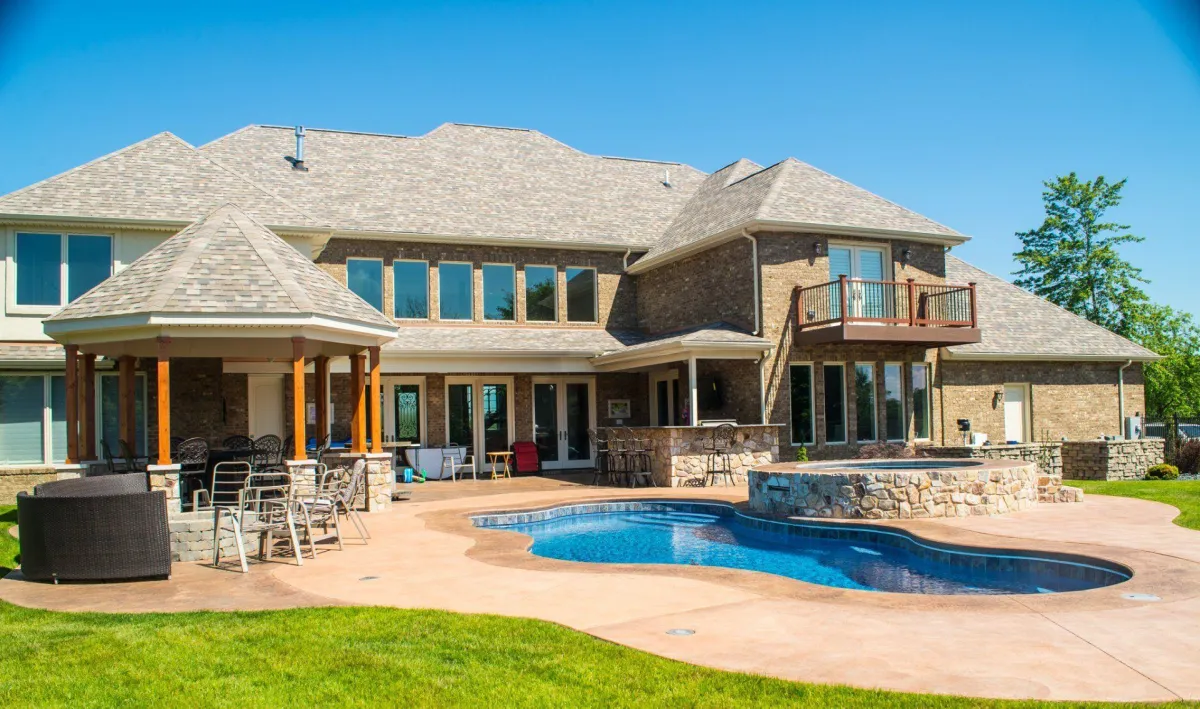
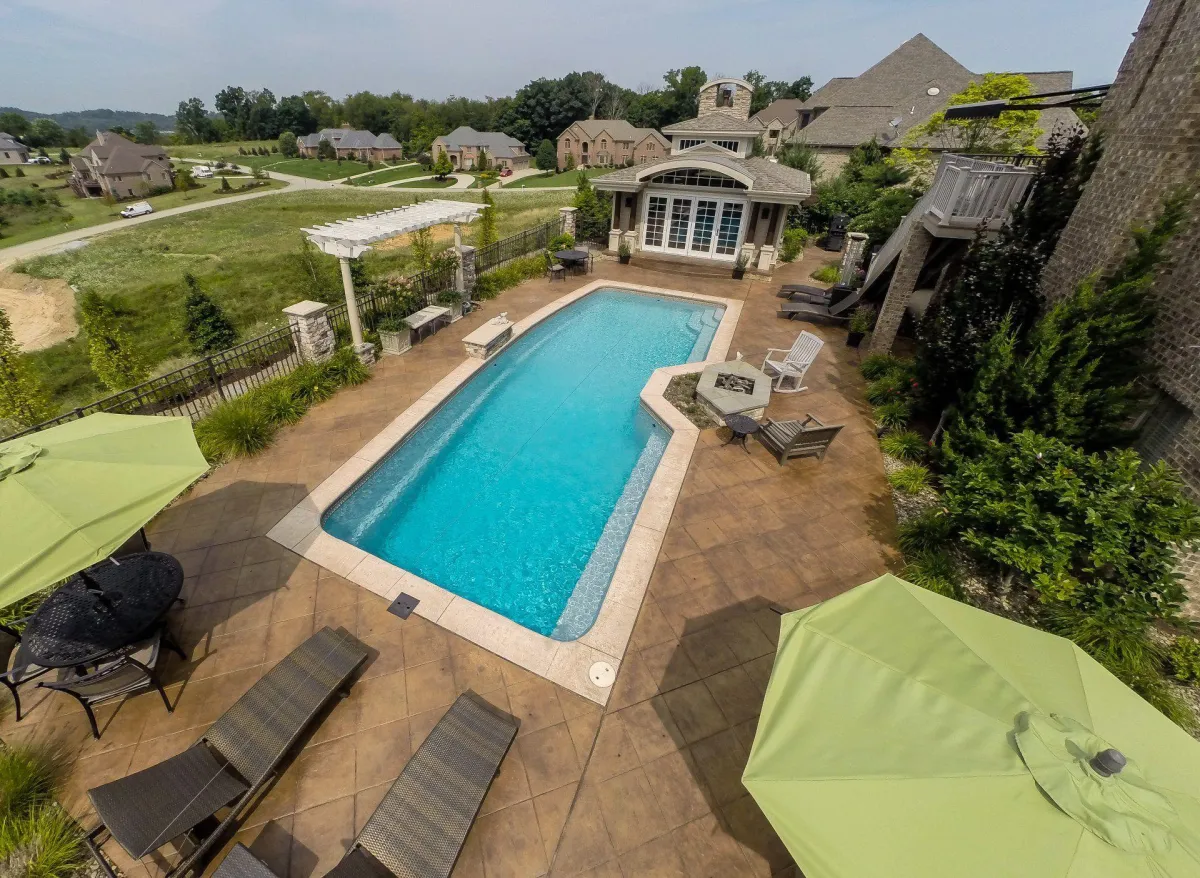
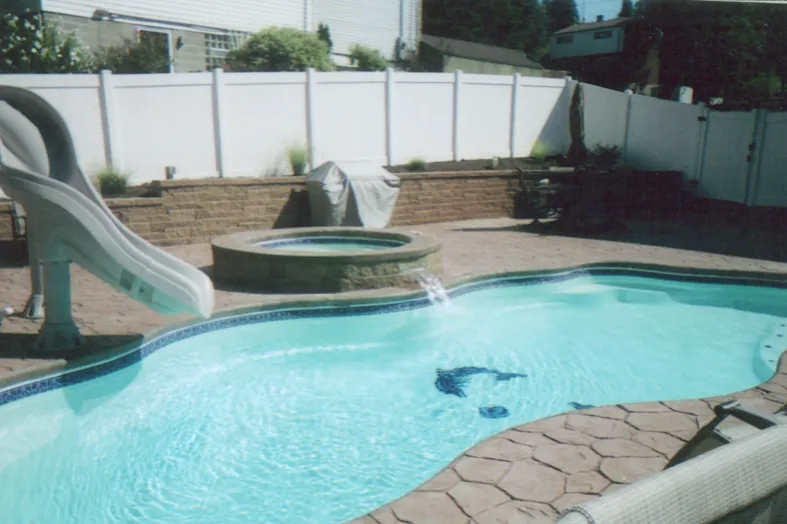
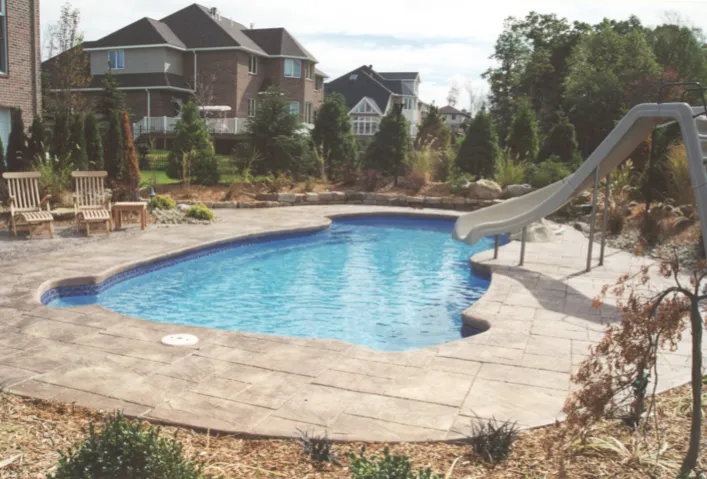

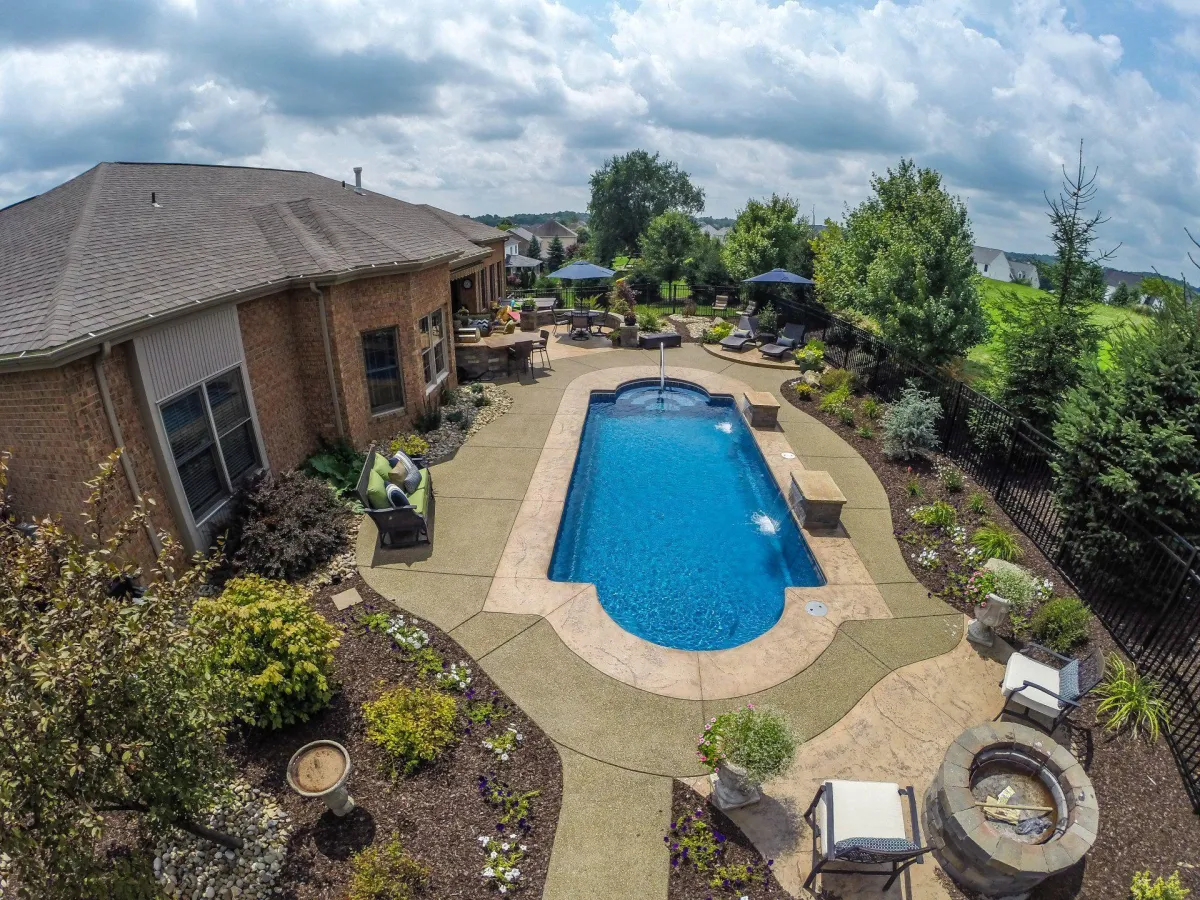
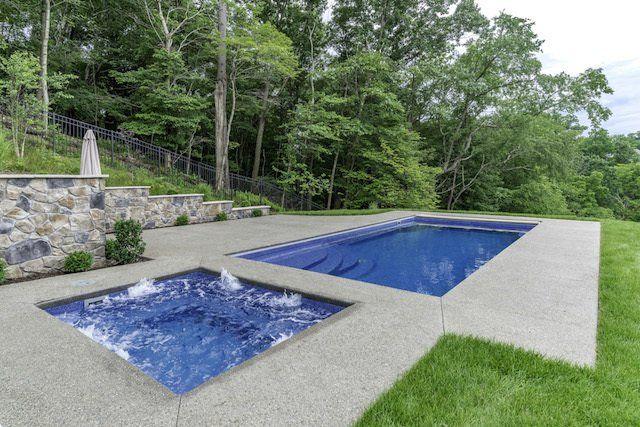
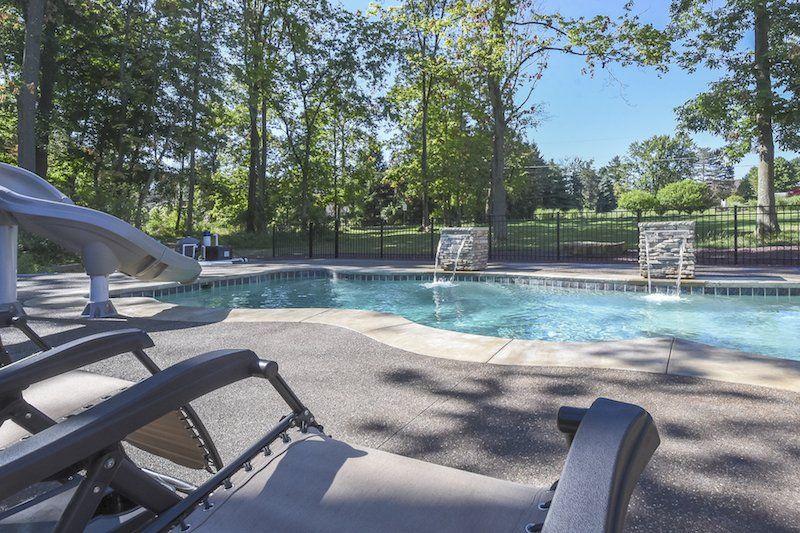
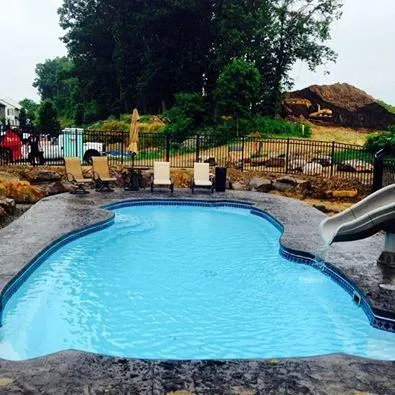
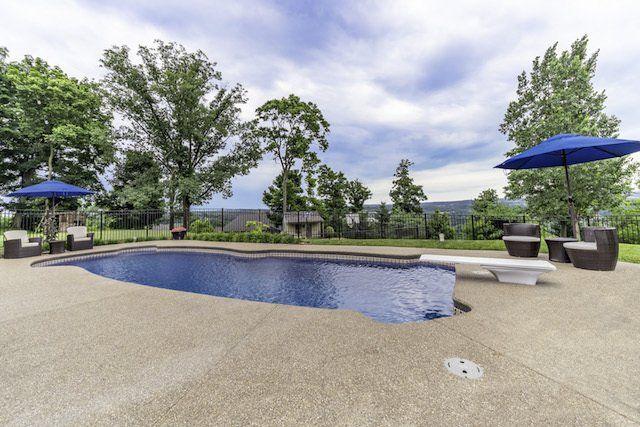
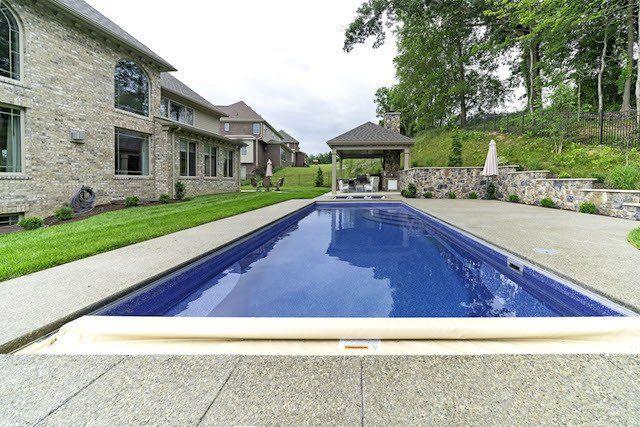
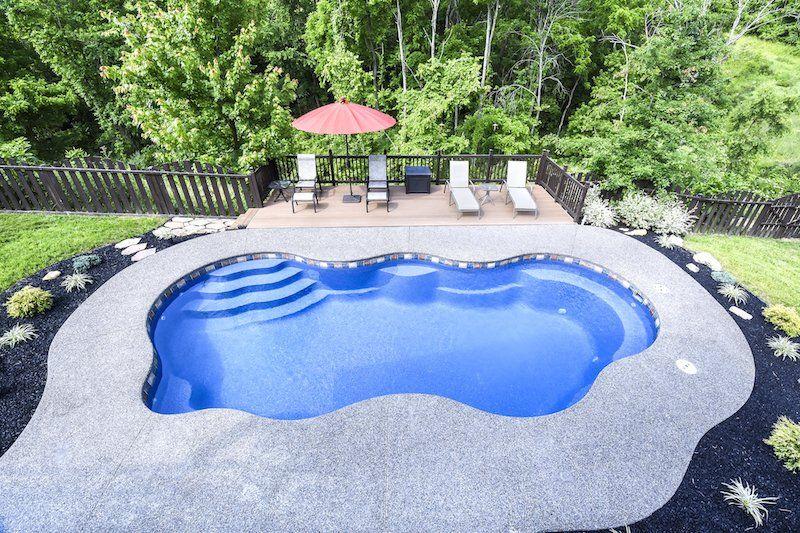
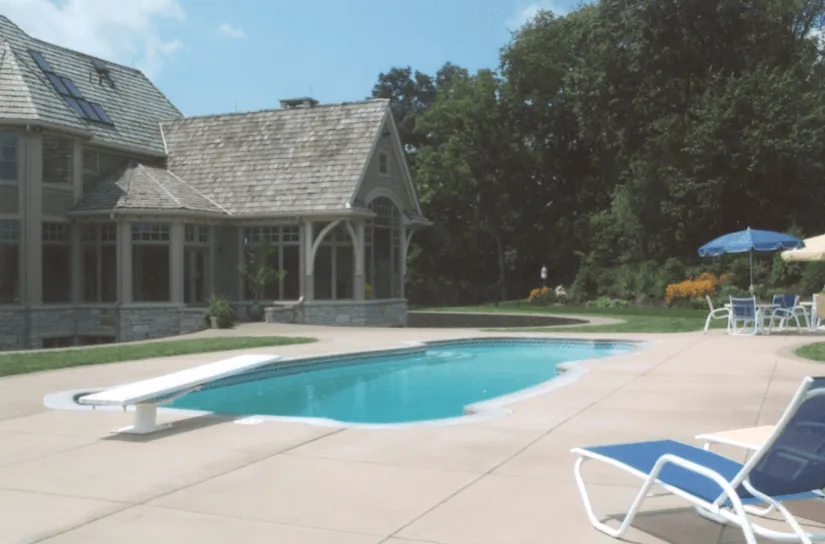
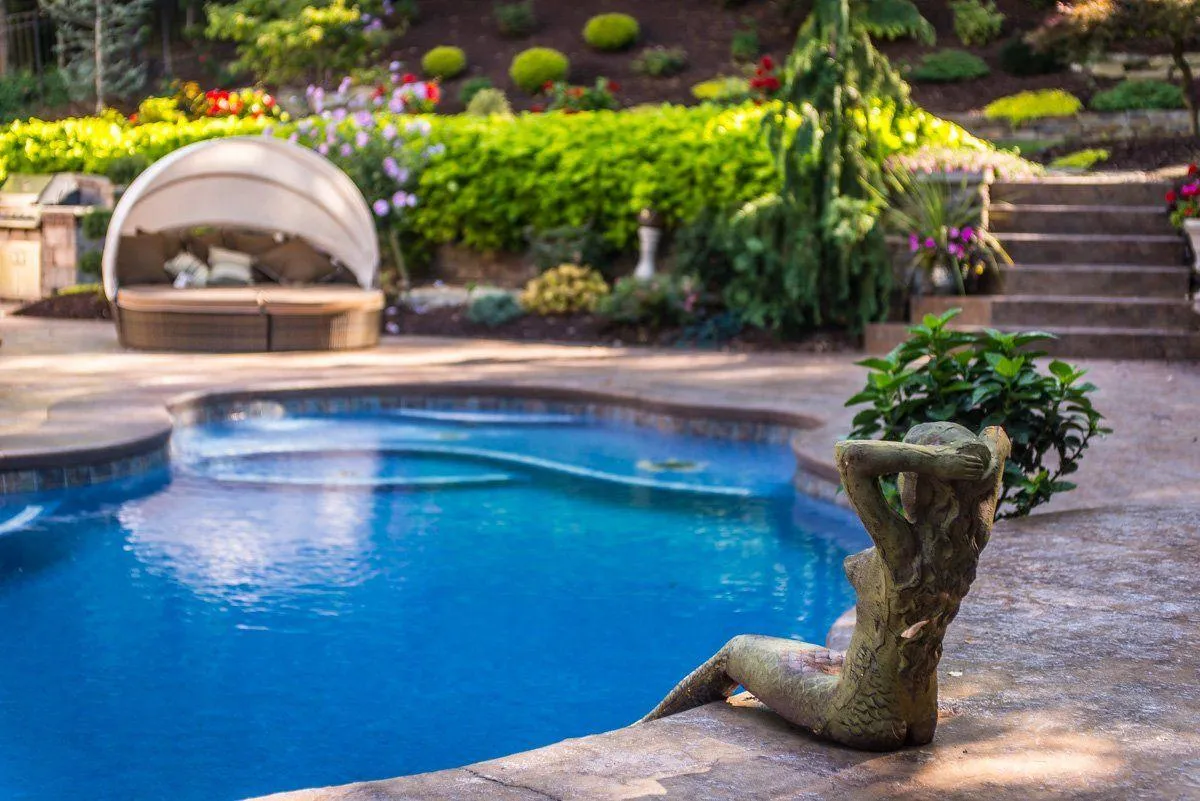
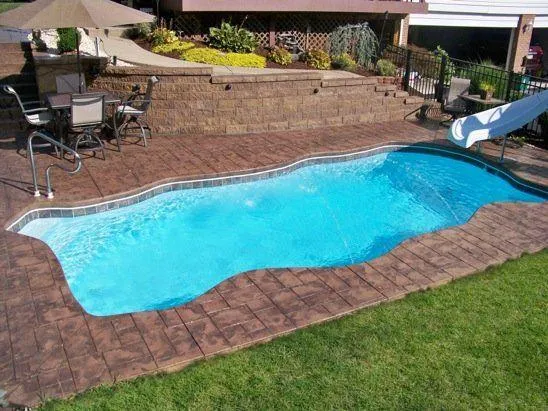
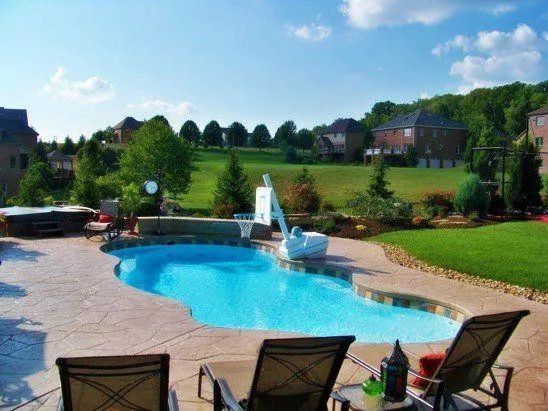

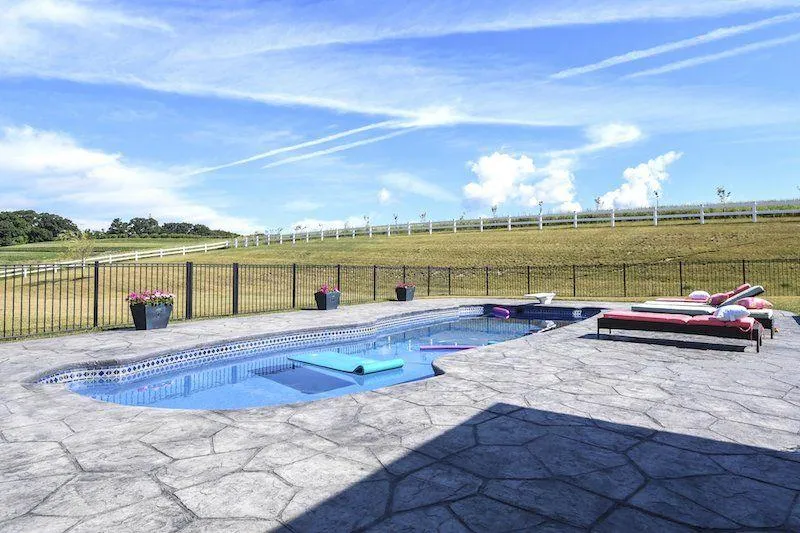

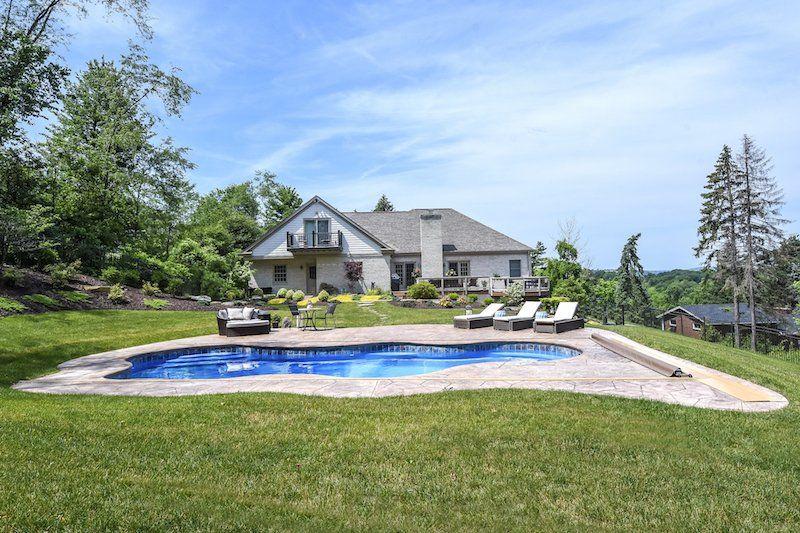
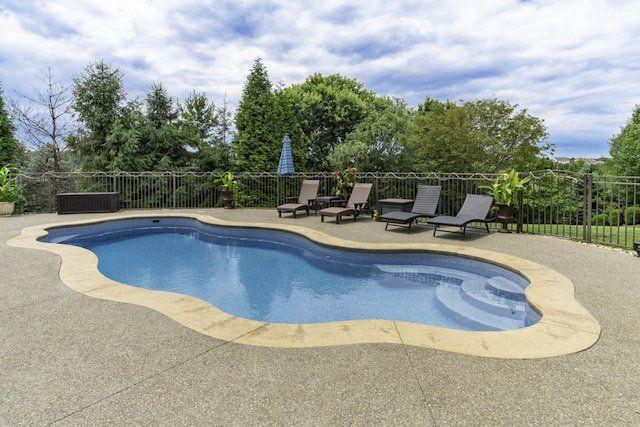
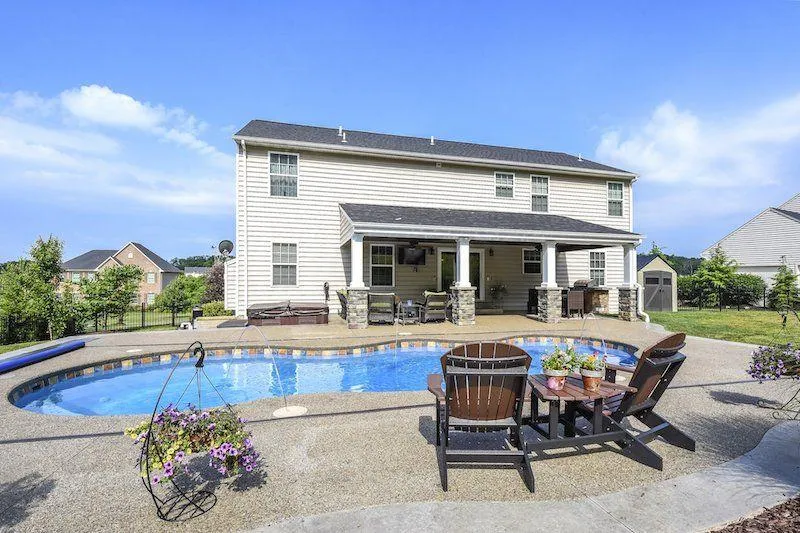
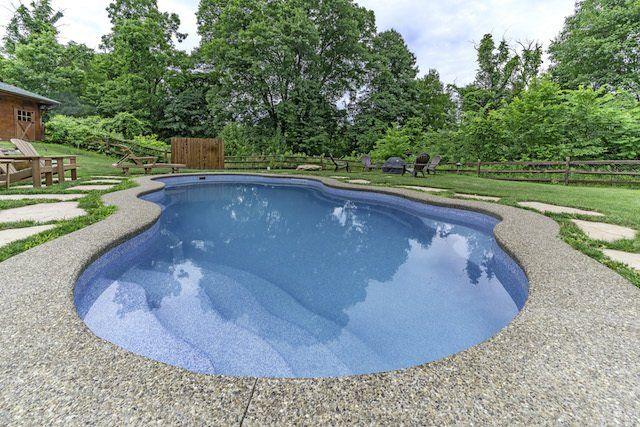
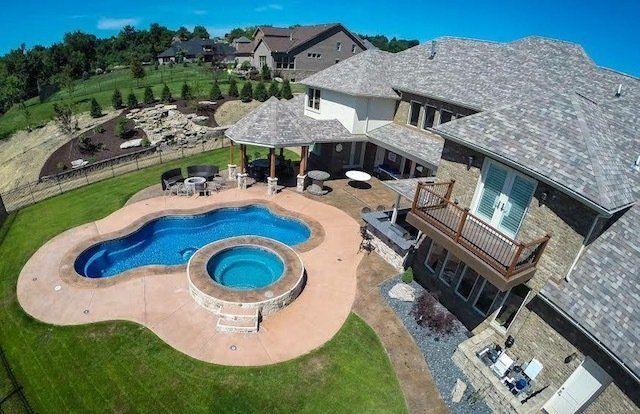
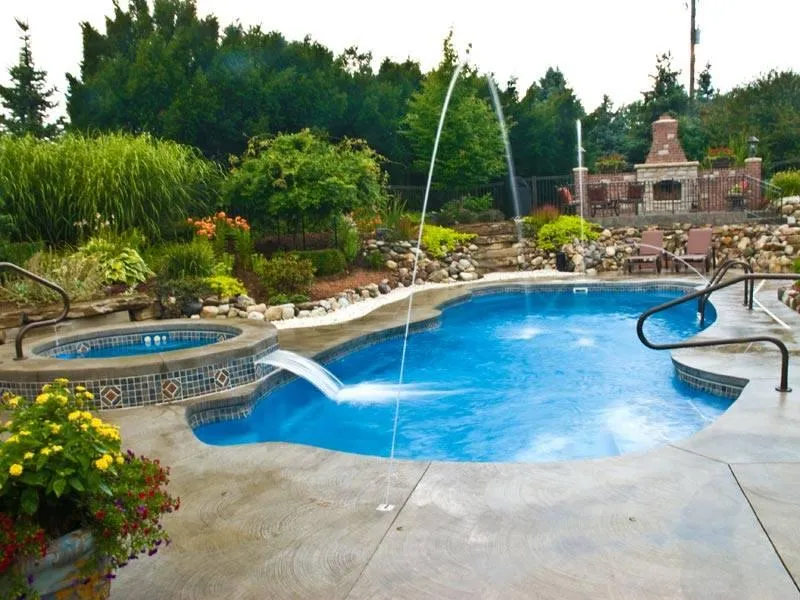
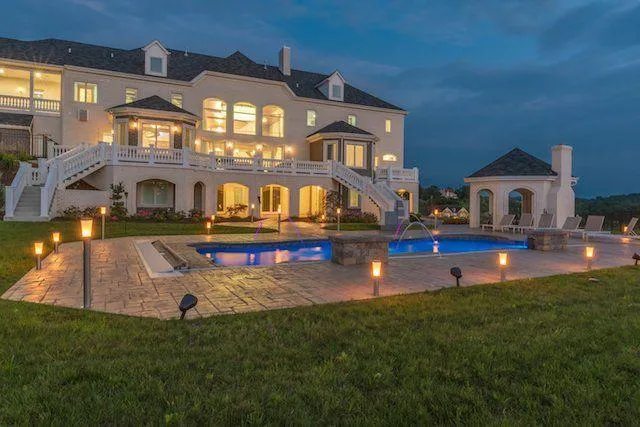
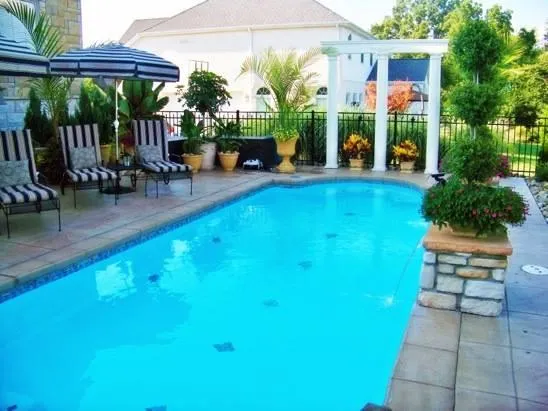
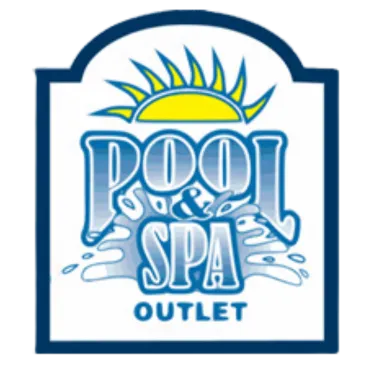
©2026 - Pool & Spa Outlet, Inc. All Rights Reserved
